2025 CLIMATE RESEARCH WORKSHOP- APPLICATIONS OPENED
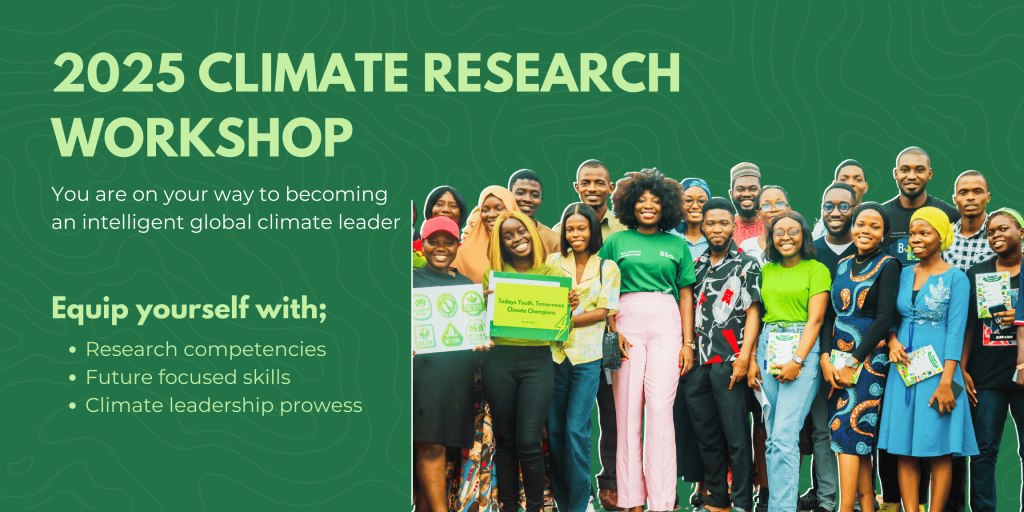
About the Program
What is it about
The Climate Research Workshop offers a unique training experience for young individuals from Africa who are passionate about addressing climate change issues through research. This 6-month program is designed to equip young participants with the knowledge and skills needed to become independent researchers in the climate space through intellectual development, capacity building, knowledge sharing and training sessions.
The program will reshape the perspectives of young individuals in Africa regarding climate change. Rather than being viewed solely as a problem, it presents an opportunity for participants to make a meaningful impact and contribute to positive change in the climate landscape.
What We Offer
The EcoSciGen Climate Research Workshop begins with scientific research training: a beginner-friendly weekly training designed to equip participants as expert writers and science communicators. Following the research training, there will be a climate change training in which participants will gain a thorough understanding of climate change and its intersections. These training sessions will last 3-months, after which participants will collaborate to carry out research related to climate change to be published in peer-reviewed journals for another 3-months.

Scientific Research Training
2 months
Participants will be trained on research design, literature review, data collection and analysis, effective writing, communication, and project management. Young scholars will be provided with the tools and resources to carry out independent research. Through this training a new generation of researchers will emerge- people who will move from words to action.
Climate Change Knowledge Training
1 Month
Participants will be trained on concepts like the history of earth processes, earth history and processes, physical science of climate change, and climate solutions. Through the virtual training program, which includes diverse speakers, workshops and group work, participants will come together to find solutions and further our scientific understanding of climate change.
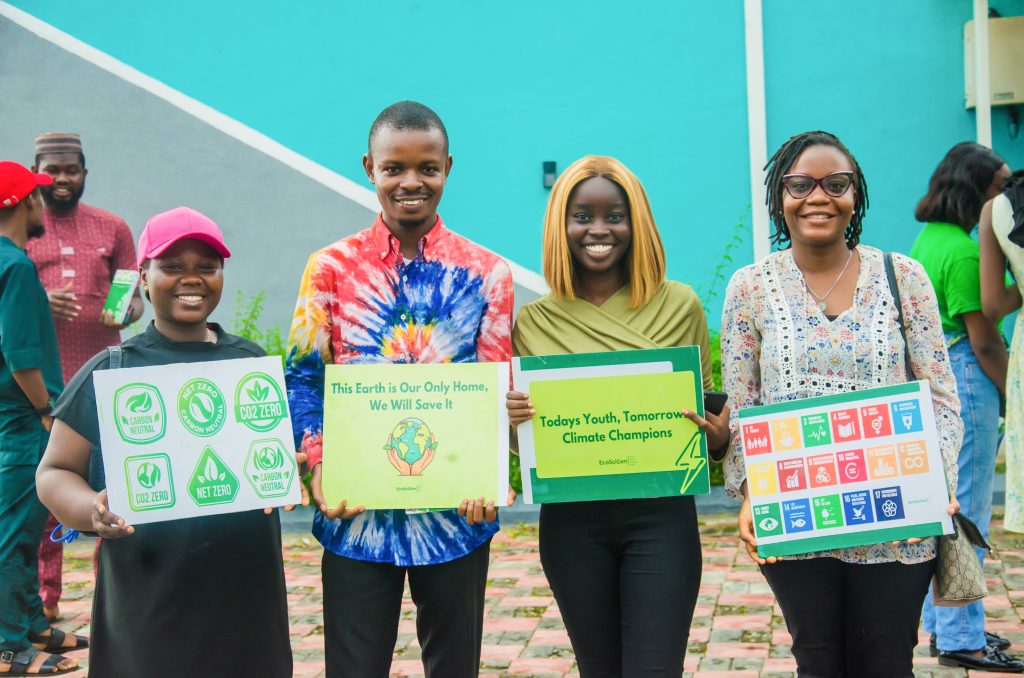

Collaboration and Mentorship
3 Months
To improve their skills and put their knowledge into practice. Participants will collaborate with their respective backgrounds to write a research paper aimed at addressing climate-related issues. Participants will be mentored and supervised by academics who will oversee their work during this time.
Am I Eligible?
Young Scholars Must:
- Demonstrated commitment to addressing climate change in their community;
- Demonstrated basic education and research experience;
- Be between the ages of 18-35 at the start of the workshop (April 1st, 2025);
- Be fluent in spoken and written English;
- Commit to completing the workshop by September 30th and mentoring others after the workshop;
- Have access to internet, email to allow for consistent communication with the EcoSciGen team and mentors for the duration of the workshop;
- Adhere to the Climate Research Workshop graduation guidelines (to be provided upon acceptance to the program);
Submit a completed application on or before Friday, February 28th, 2025, 11:59PM (WAT).
Program Timeline
- February 3rd, 2025: Climate Research Workshop opens;
- February 28th, 2025: Climate Research Workshop Closes;
- March 10th, 2025: Shortlisted participants Interviews;
- March 20th, 2025: Acceptance sent out;
- March 28th, 2025: Confirmation of acceptance;
- April 1st – May 30th 2025: Scientific Research Training;
- June 1st- June 30th 2025: Climate Change Knowledge Training;
- July 1st- September 30th 2025: Collaboration and Mentorship;
- April 2025 – September 2025; The Climate Research Workshop entire duration.
Ace your application
- The application must be filled correctly and in English
- The application include:
- General information
- Motivation and experience
- Time commitment confirmation
- Application portal
- Application form takes approximately 10 to 15 minutes to complete
Click below to submit your application by February 28th, 2025
Still need help?
If you have any questions or need further informations, please feel free to contact us

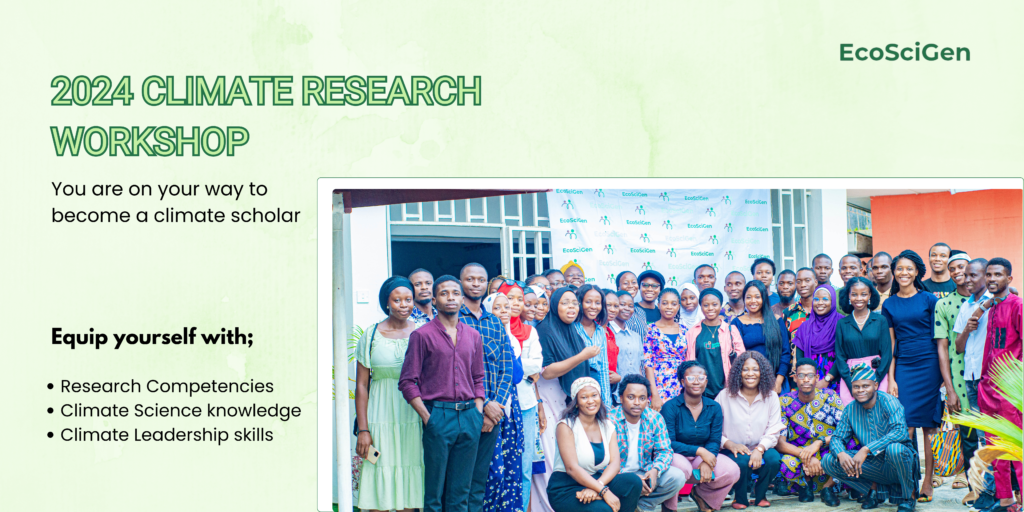
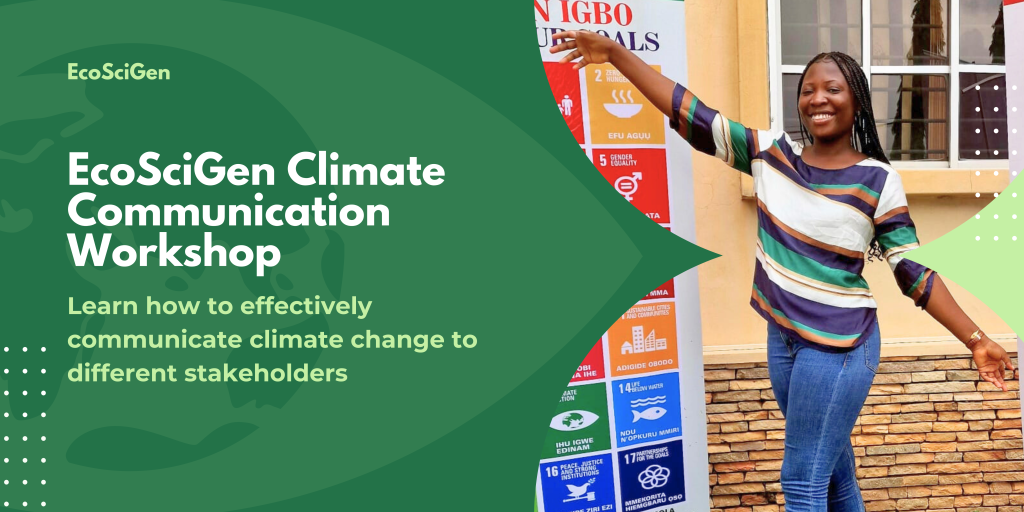

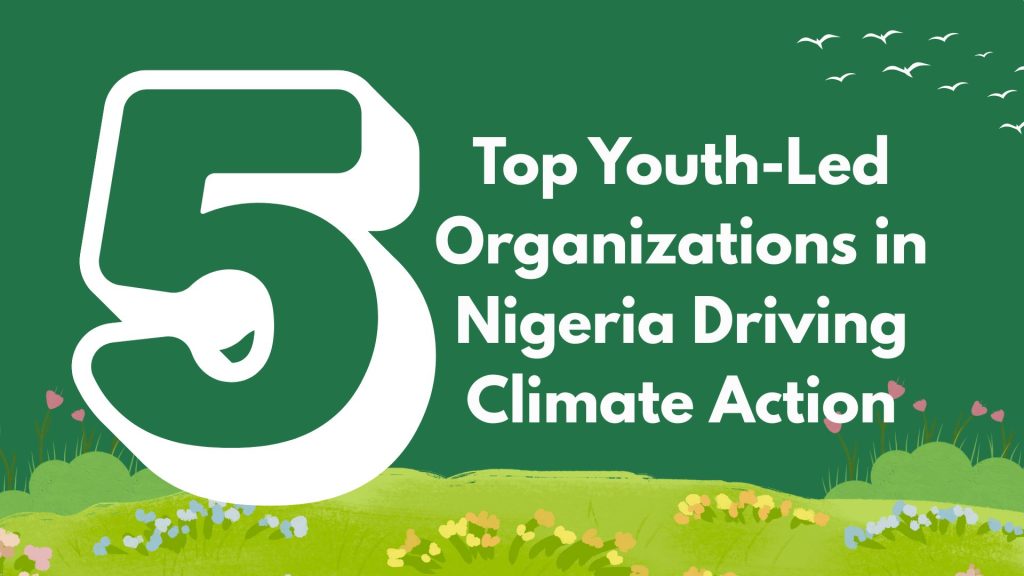
I’m interested and looking forward to addressing climate change
Climate change refers to long-term shifts in temperature, weather patterns, and environmental conditions on Earth. It is largely driven by human activities, particularly the burning of fossil fuels (like coal, oil, and gas), deforestation, and industrial processes, which release greenhouse gases (GHGs) such as carbon dioxide (CO₂) and methane (CH₄) into the atmosphere. These gases trap heat, causing the planet to warm—a phenomenon known as global warming.
The effects of climate change are widespread and include:
1. Rising global temperatures: Average global temperatures have increased, leading to more frequent and intense heatwaves.
2. Melting ice and rising sea levels: Warmer temperatures cause glaciers and polar ice to melt, contributing to rising sea levels, which threaten coastal communities and ecosystems.
3. Extreme weather events: Climate change has been linked to more intense storms, floods, and droughts, as well as shifting precipitation patterns.
4. Biodiversity loss: Changing climates can disrupt ecosystems and lead to the loss of species unable to adapt or migrate in time.
5. Ocean acidification: The increased concentration of CO₂ in the atmosphere also results in more CO₂ being absorbed by the oceans, making them more acidic and harming marine life, especially coral reefs.
6. Human health impacts: Climate change can affect public health by exacerbating diseases, such as heat-related illnesses, respiratory problems due to air pollution, and the spread of diseases carried by insects like mosquitoes.
Mitigation and adaptation strategies are being pursued to address these issues. Mitigation focuses on reducing GHG emissions (e.g., transitioning to renewable energy sources), while adaptation involves adjusting to the impacts of climate change (e.g., building resilient infrastructure).
Efforts like the Paris Agreement aim to limit global warming to below 2°C compared to pre-industrial levels, with a target to limit it to 1.5°C to avoid the worst effects of climate change. However, global cooperation and swift action are essential to making meaningful progress.